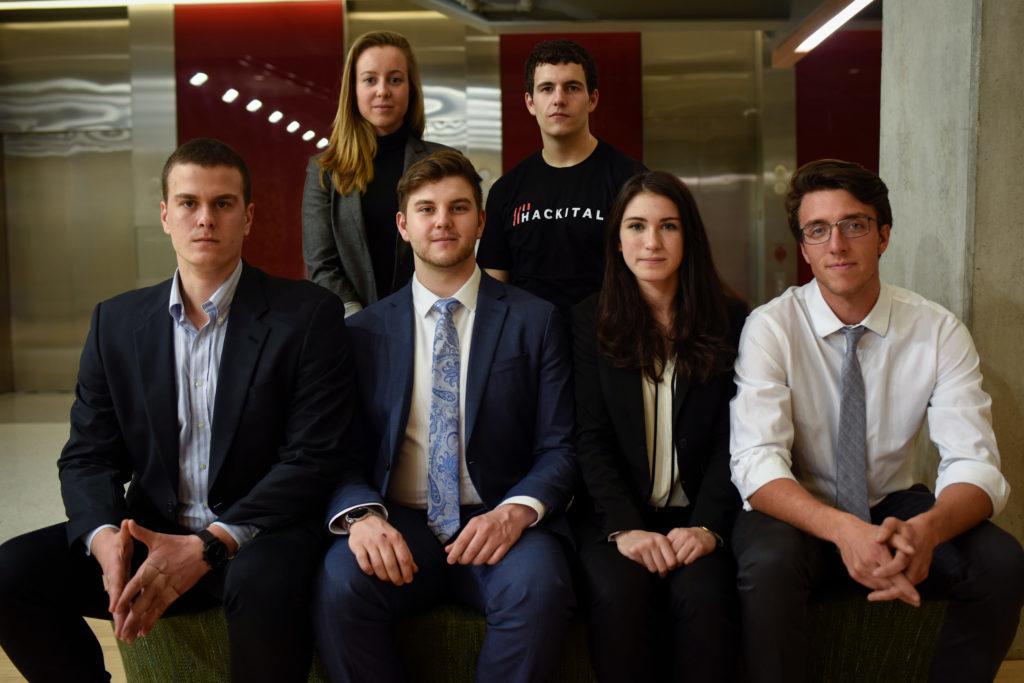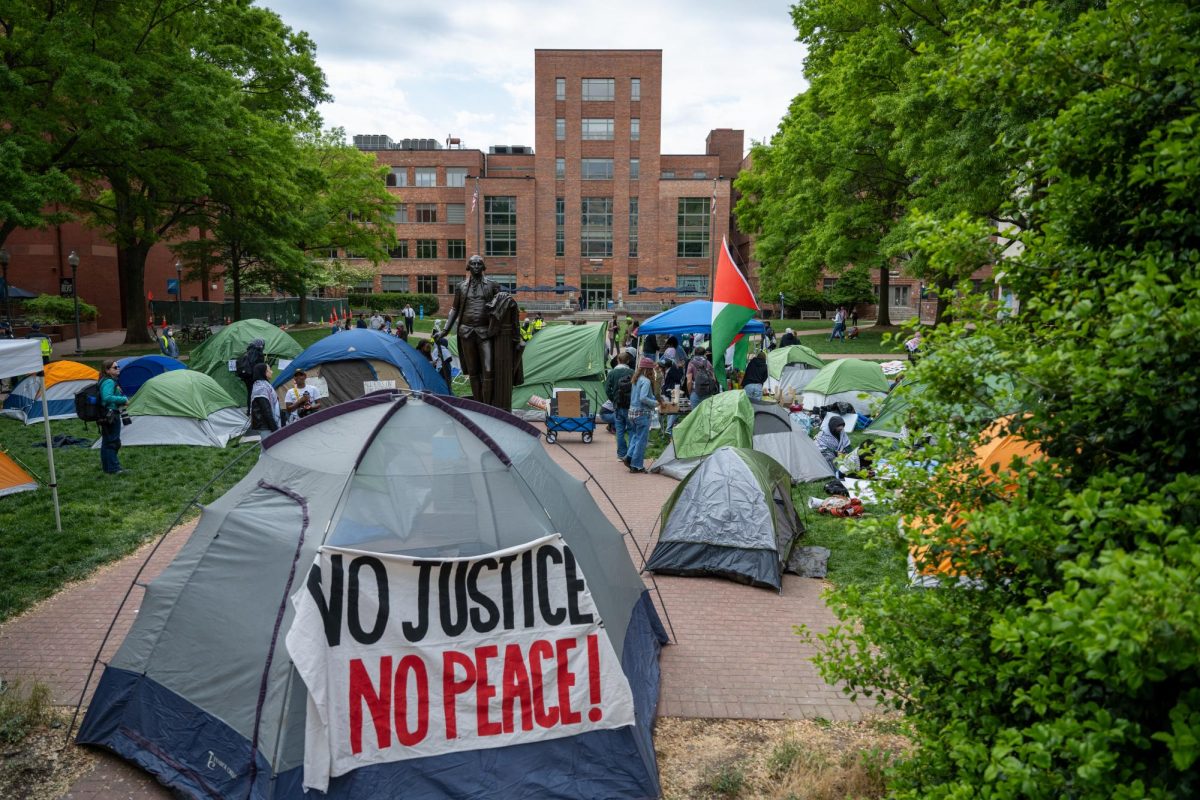A new student-run “hackathon” will allow undergraduates from across D.C. to build medical devices that will help communities typically underserved by medical technology.
A group of students organized “George Hacks,” a new event next month that will give student participants 24 hours to develop medical solutions to an array of different problems that will be announced during the competition. Organizers say the event, billed as GW’s first 24-hour innovation competition, will allow students to develop important resources for vulnerable populations like the elderly and people with autism.
Participants in the event will design, construct and present technological solutions – like mobile applications or wheelchair prototypes – to common medical problems. A panel of judges representing the various groups who are organizing the competition will select the winners.
The event will begin March 24 in the basement of the Science and Engineering Hall and last until the next day. Registration is still open to anyone interested, with a waitlist opening March 10. Organizers said prior experience isn’t needed to sign up.
Konstantin Mitic, a senior and founder of George Hacks, said one of the main missions of the team is to create an interdisciplinary event that will be open to all undergraduate students, not just engineering majors.
“We believe that innovation is not specific to your major, it’s just specific to who you are,” he said.
The team also wants to help students gain real-world experience and apply what they have learned in the classroom to real issues.
At the start of the competition, each team will be given a different pitch that was created by the event sponsors, like the GW Autism and Neurodevelopmental Disorders Institute and the National Capital Region Society of Health Care Engineers. There will be a total of 15 different pitches that fall into the three different categories: medical devices, assistive devices and social innovation, organizers said.
Medical devices will focus on the engineering aspect of the event, while assistive devices will be geared toward creating technologies beneficial to elderly and autistic individuals, and lastly, social innovation will focus on developing technological solutions to social illnesses like loneliness.
The students competing in the social innovation category will not have to build anything, instead presenting an interesting idea to the judges.
Isabella Sardegna, an economics major who is a member of the George Hacks team, said the category will help to bring input from other majors.
“You should always be looking for ways to solve problems and I think part of that is talking to people outside your major, which is something that GW really needs and I’m happy to have any part in bringing,” she said.
The team hopes that the innovations produced at the event will benefit vulnerable populations and bring affordable health care solutions to developing countries around the world through the opportunities provided by their sponsors. The team is working with multiple outside sponsors like Soylent, a company that makes meal replacement products, various assisted living home companies and potentially a hospital in Uganda to bring their creations to the marketplace.
Official prizes for the event will be revealed at a later date, but winning teams will receive medals from Major League Hacking, an official student hackathon league, organizers said. The winner of one of the sponsor’s pitches will have the opportunity to pitch their creation to a hospital after the competition.
Annamaria Konya Tannon, the co-director for the GW Innovation Center, which is helping the George Hacks team plan the event, said the event represents the mission of the center to help the wider community.
“George Hacks is really the fine representation of how you can actually innovate for social good and also use what you learn at school – at GW – and transfer that knowledge and have an impact almost immediately for people who need that support,” she said.
The team plans to expand their events beyond the medical field next academic year to focus more on economics and to prepare for GW’s New Venture Competition, another innovation competition focused on entrepreneurship.
Paige Botie, a member of the George Hacks team, said the solutions that come out of next month’s event could be utilized in the real world to help with medical treatment.
“This is an actual issue that needs to be tackled in some way,” she said. “So your solutions are real and can be impactful – it’s not just for recreation, though we hope that it will be fun.”





